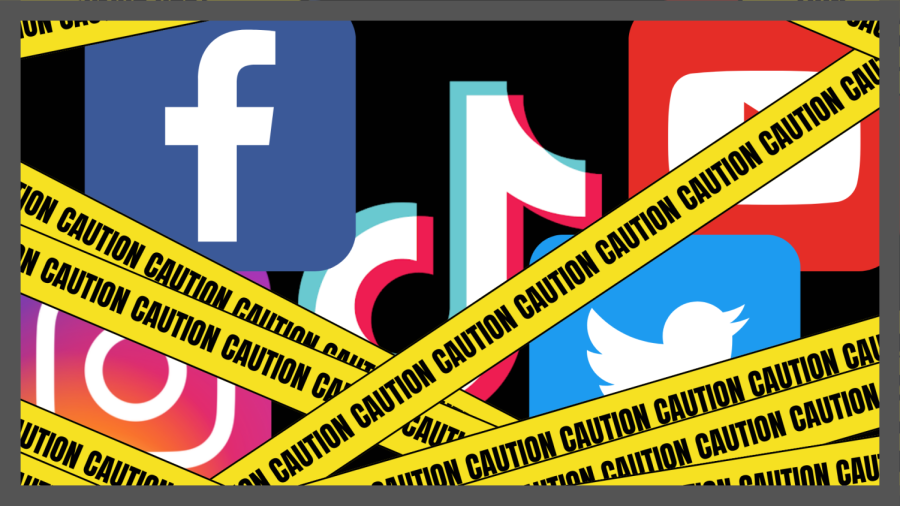Waseem Ayaz
In the twenty-first century, individuals have evolved into conscious, informed, and empowered citizens, with instant access to information, the ability to question authority, and active participation in global conversations. In such an era, any state that believes it can suppress issues by imposing strict controls over social media is gravely mistaken—such actions do not resolve problems; they merely conceal them.
Throughout history, states have aspired to monopolize narratives—whether through newspaper censorship, restricting access to judicial or governmental information, or, in today’s digital age, attempting to control social media. These are simply new forms of the old mindset that claims, “truth is only what the state declares.” However, global experience has shown that this approach not only fails but also leads to regimes becoming fearful of their own people.
Social media itself is not the problem; rather, it reflects the core questions and grievances that are being suppressed. When people ask why inflation persists, why justice is scarce, why resources remain limited to the elite, or why educated youth are forced into menial jobs, it is these voices—not the platforms—that unsettle authorities.
Restrictions on free expression signify a state’s denial, closing the door to dialogue. Such denial breeds frustration, suspicion, extremism, and even rebellion in society. The principle articulated in the opening verse of Surah Al-Mujadila in the Qur’an, which affirms that even the voice of the weak should be heard, is foundational to Islamic, democratic, and human consciousness.
If social media harbors negative aspects—such as misinformation, hate speech, or extremism—the answer lies not in bans, but in intelligent policy. Effective solutions like content monitoring and fact-checking, successfully implemented in advanced democracies like Finland, Germany, and New Zealand, maintain a balance between freedom of expression and social responsibility.
In Pakistan, where the majority of the population is young, social media has become a major source of employment, education, exports, and empowerment. Freelancing, digital marketing, and online businesses are guiding millions of Pakistani youth toward economic self-sufficiency. Blocking these platforms would not only stifle free expression but also cripple the economy.
The state now stands at a crossroads: it can either adopt a system of fear, criminalizing all dissent, or treat its citizens as stakeholders, using criticism as a catalyst for improvement. For a country like Pakistan, already grappling with terrorism, corruption, and economic crises, further delay in making this critical choice is not an option.
In conclusion, it is important to recognize that while shutting down social media may be easy, silencing an entire society is impossible. A responsible state is one that does not suppress free expression but fosters it through transparent, effective, and forward-thinking policies. This is the only viable path toward progress.
















